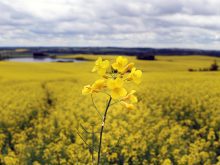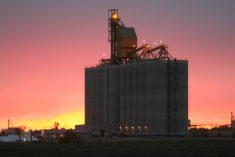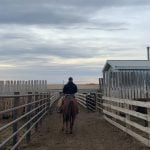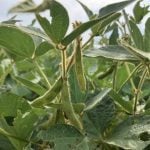A five-year study will determine how much methane beef cattle produce and allow farmers to make better use of the feed they provide.
Sean McGinn, an agricultural meteorologist with the Agriculture Canada Lethbridge Research Centre, said the study began last year by using special lasers to monitor methane going into and coming out of cattle.
“The difference between those concentrations gives us an idea of what emissions are from the animal,” said McGinn.
Emissions are now measured from four different chambers, each holding two animals. In future, the research will move outdoors to include the research centre’s feedlot and a commercial feedlot.
Read Also
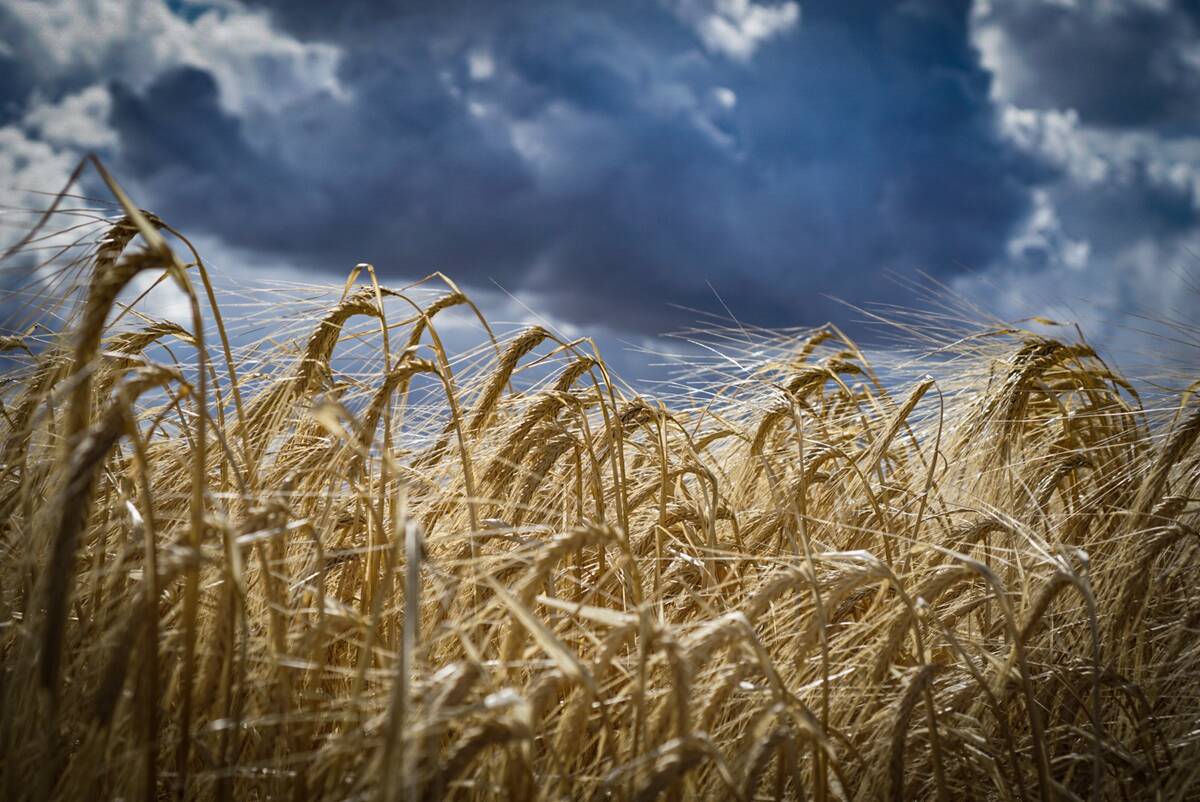
Malting barley exporters target Mexican market
Canada’s barley sector is setting its sights on the Mexican market to help mop up some of the lost demand from China
McGinn said researchers are also examining the effects of oils in the diet, grain to forage ratios, enzymes, yeasts and acids, all believed to reduce the amount of methane produced.
“It’s just not for an environmental gain, but we also realize the better strategies will also have an economic gain to the producer,” he said.
Diet and emissions
Most studies indicate one cow produces 125-200 grams of methane per day. The animals in the Lethbridge study are producing around 200 grams, said McGinn.
He said diet definitely makes a difference in emissions but he could not say yet which combinations have the greatest impact.
Ten percent of food value can be lost as methane, so it is important to cut the gas released, which will reduce the amount of feed needed by cattle, said McGinn.
Canadian agriculture accounts for an estimated 10 percent of greenhouse gas production, of which one-third is methane, McGinn said. Agriculture, like other sectors, is expected to reduce its emissions under the Kyoto Protocol.
McGinn hopes to team up with the Canadian Cattlemen’s Association’s Greenhouse Gas Mitigation Program to provide demonstration projects in the coming year.




